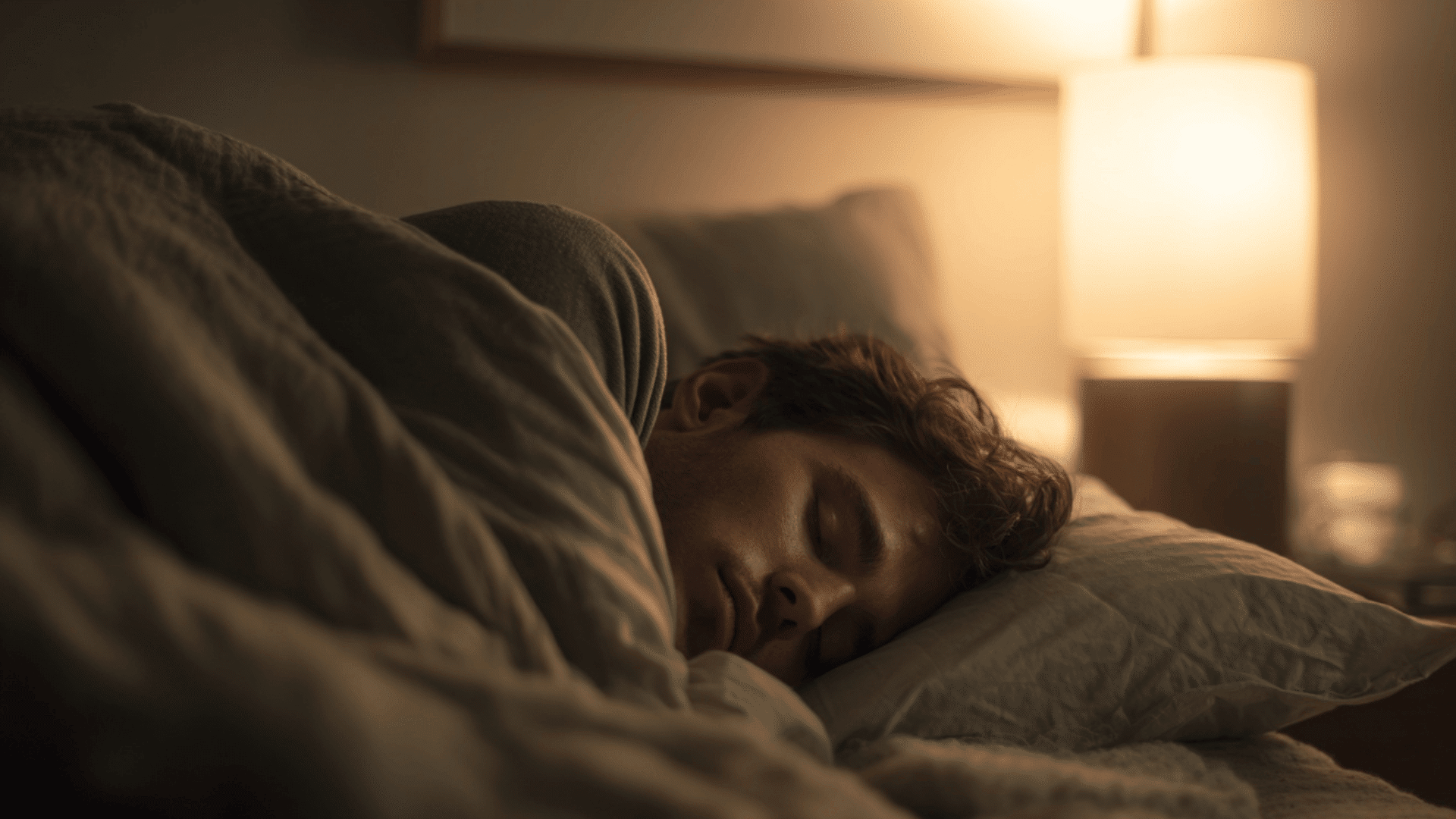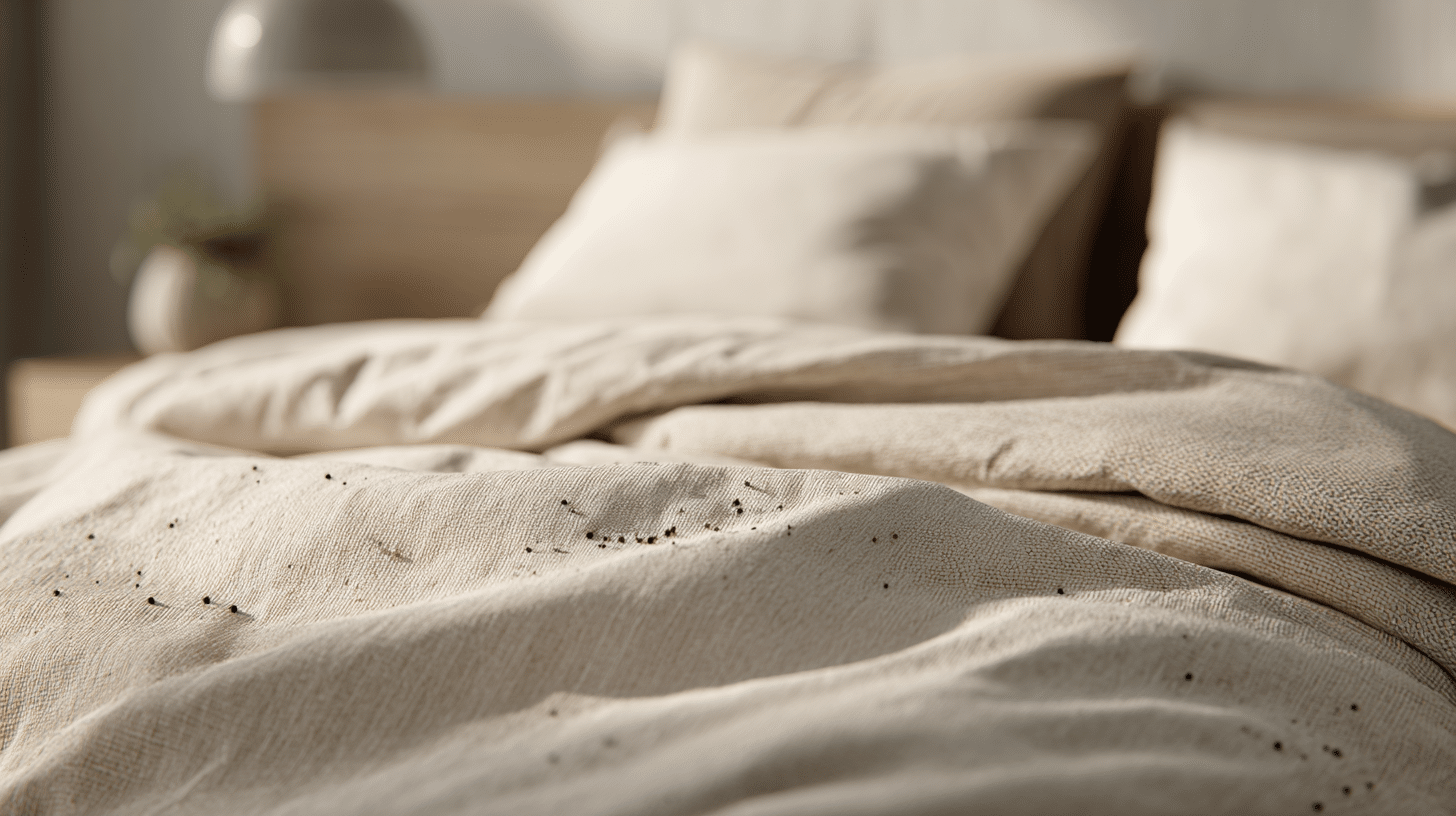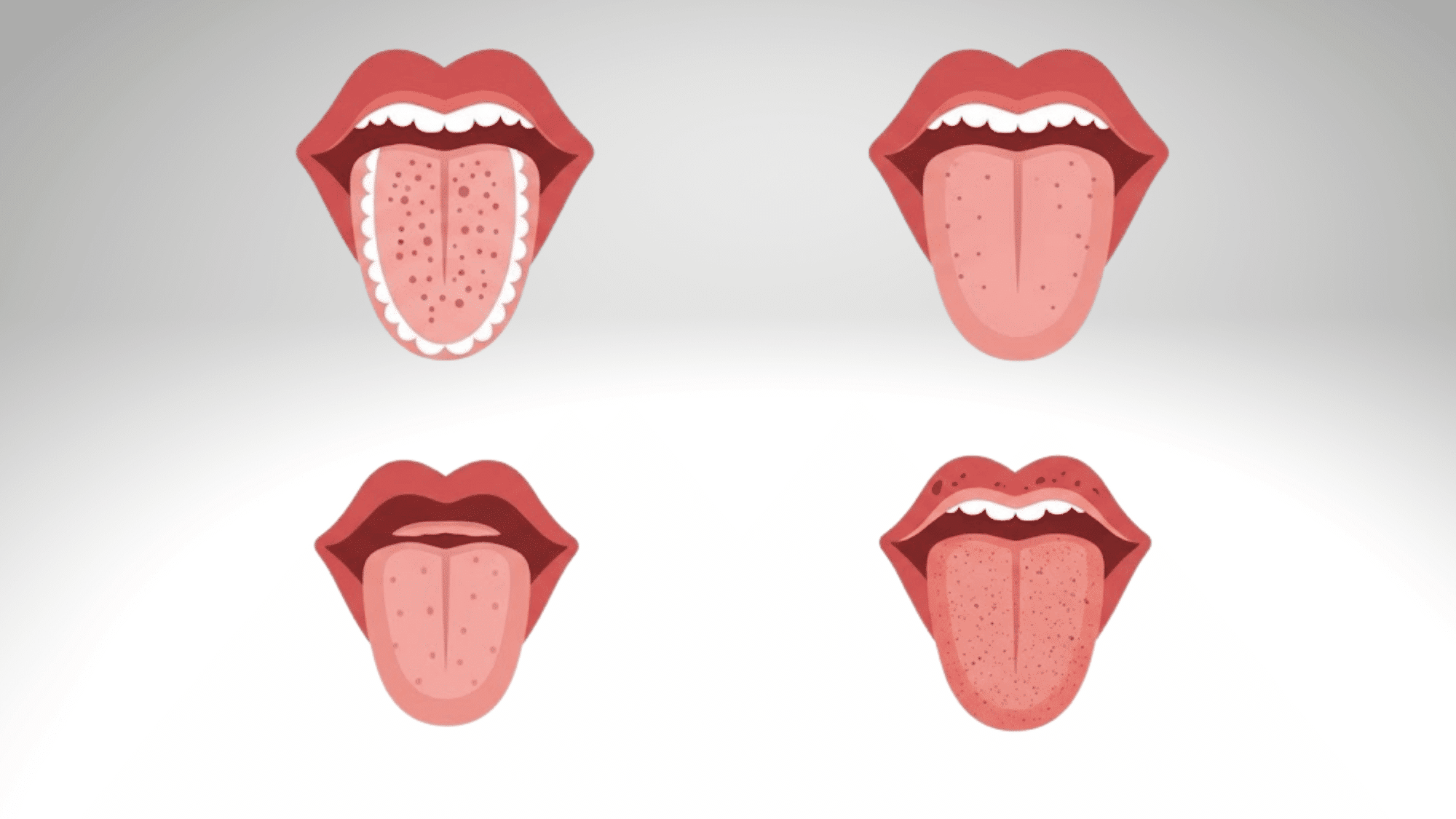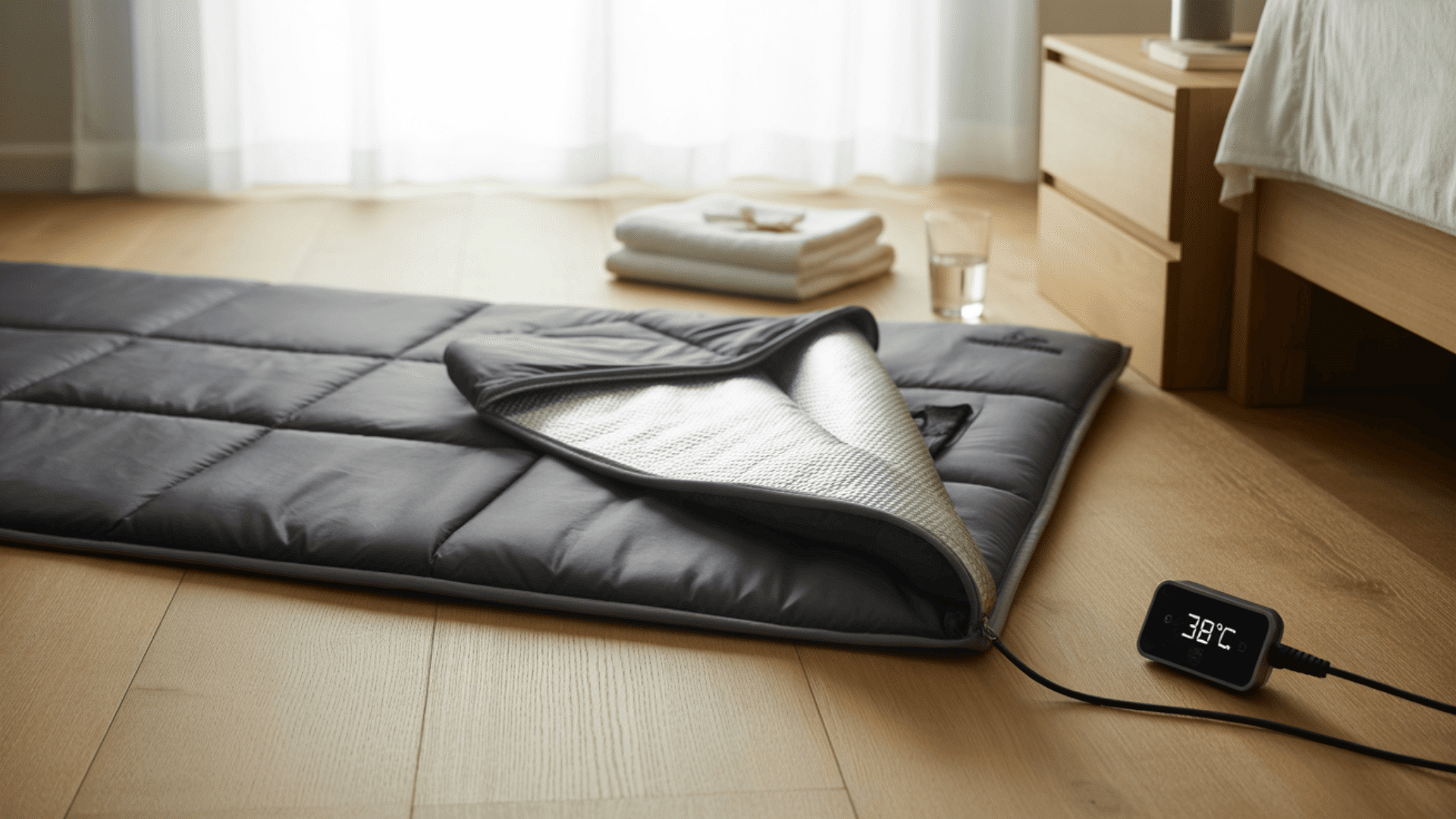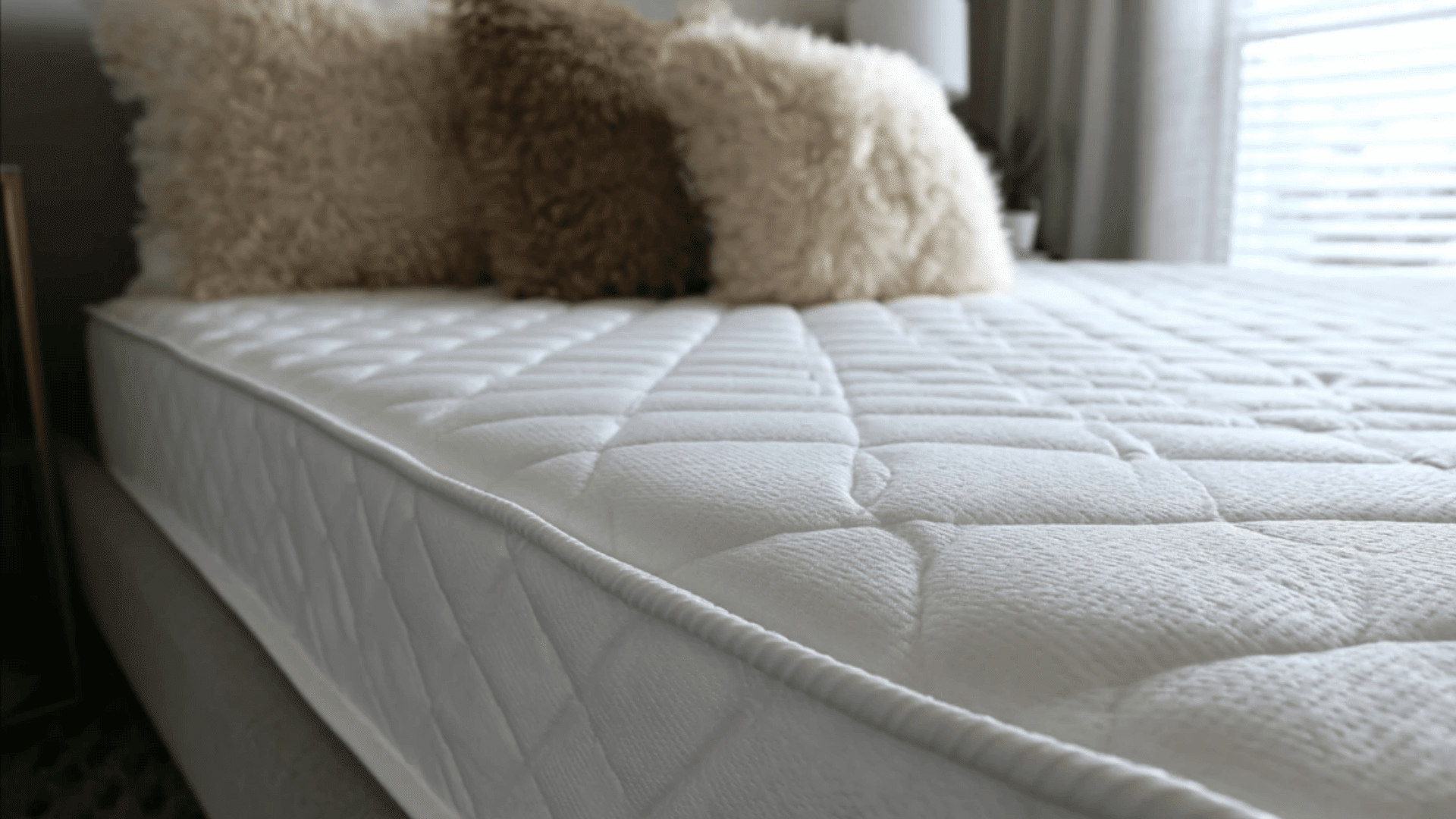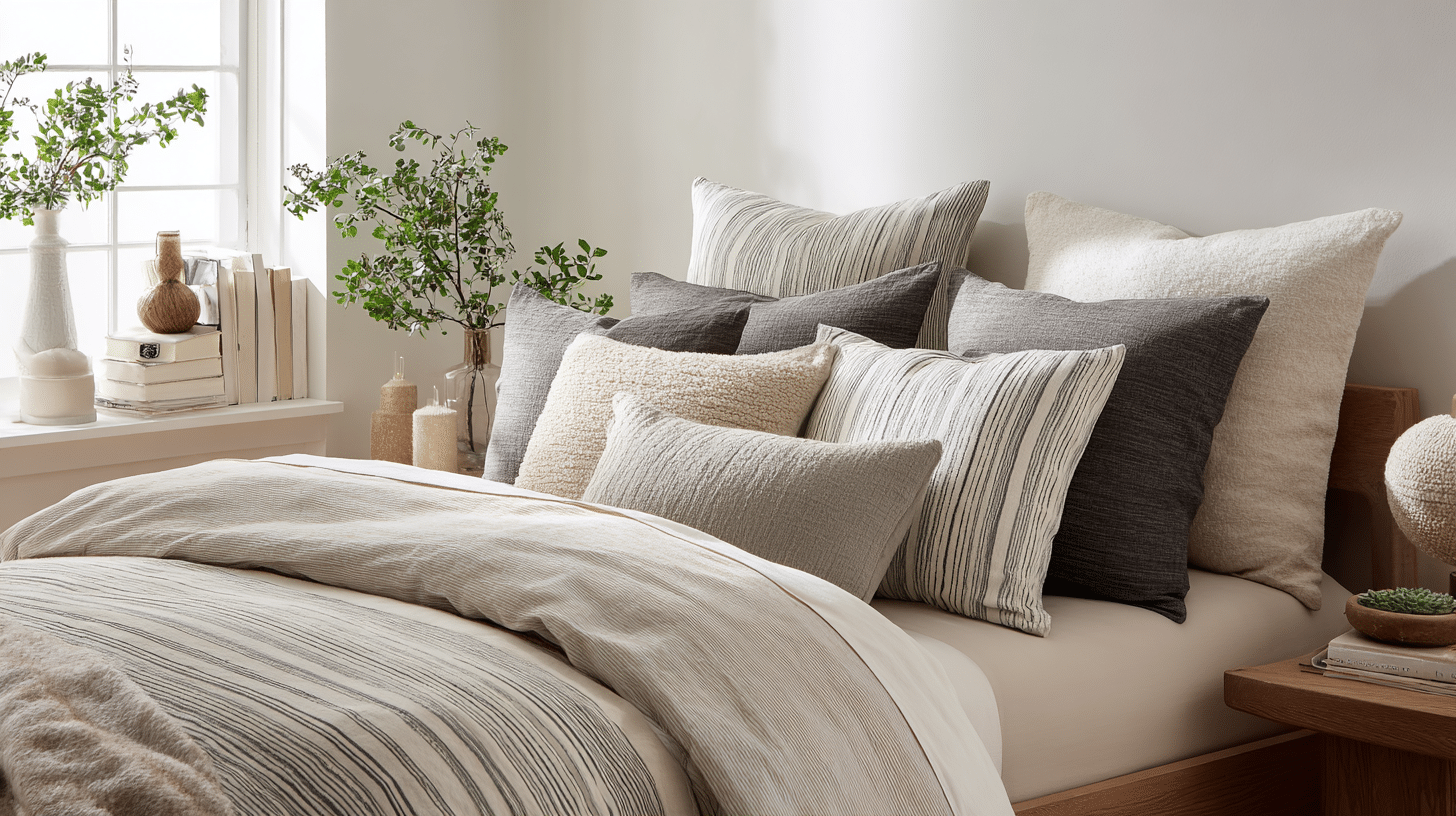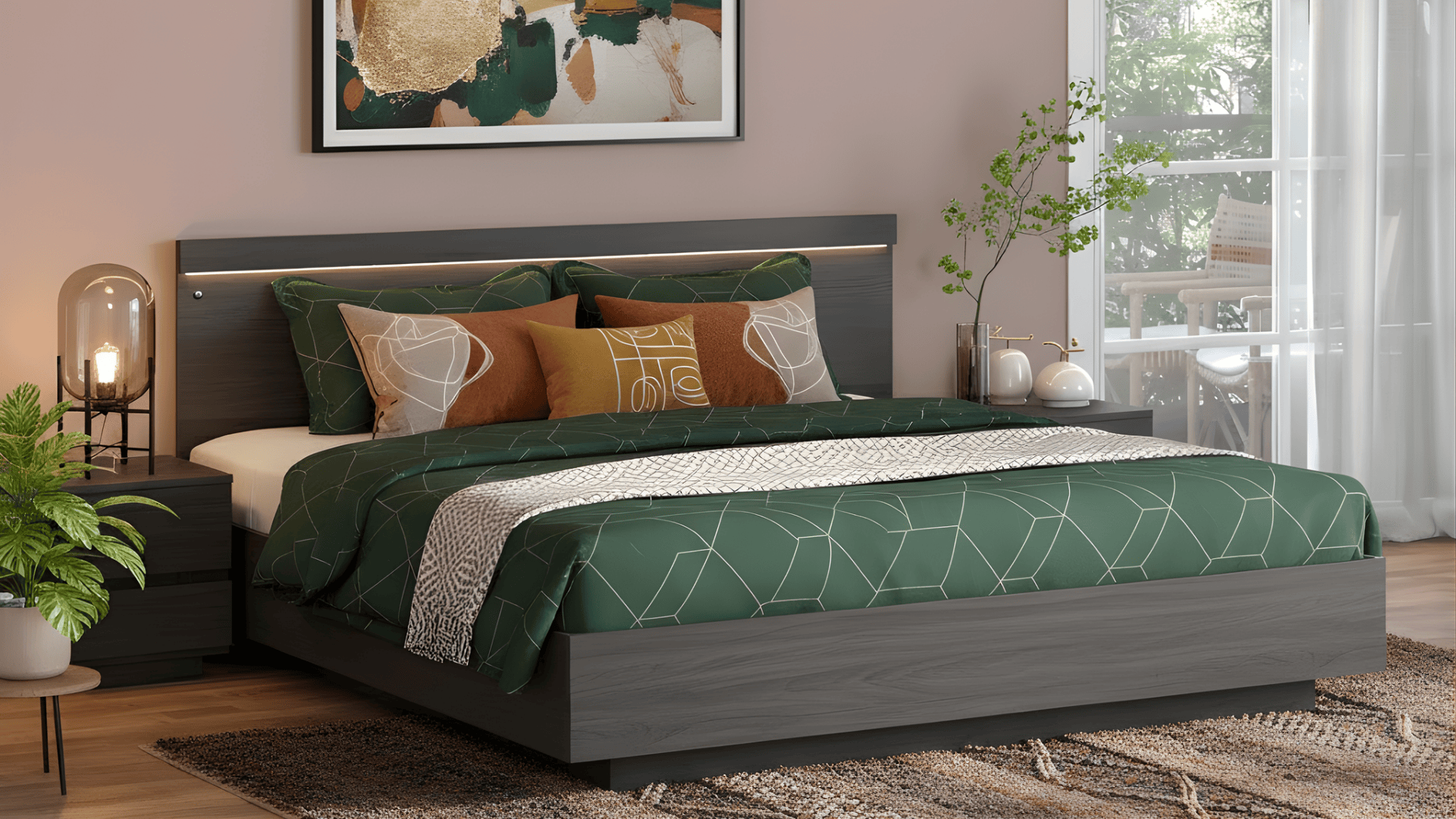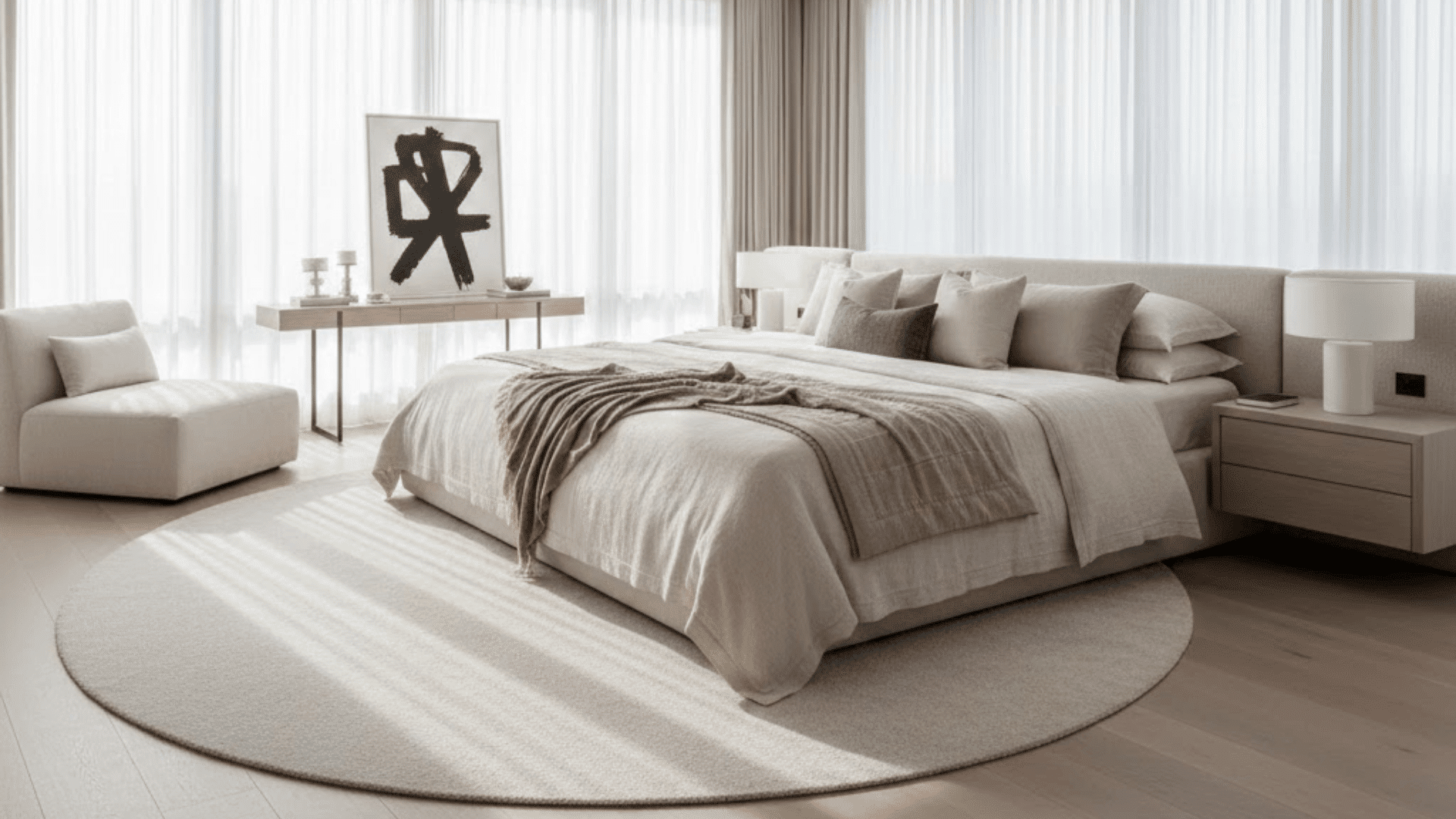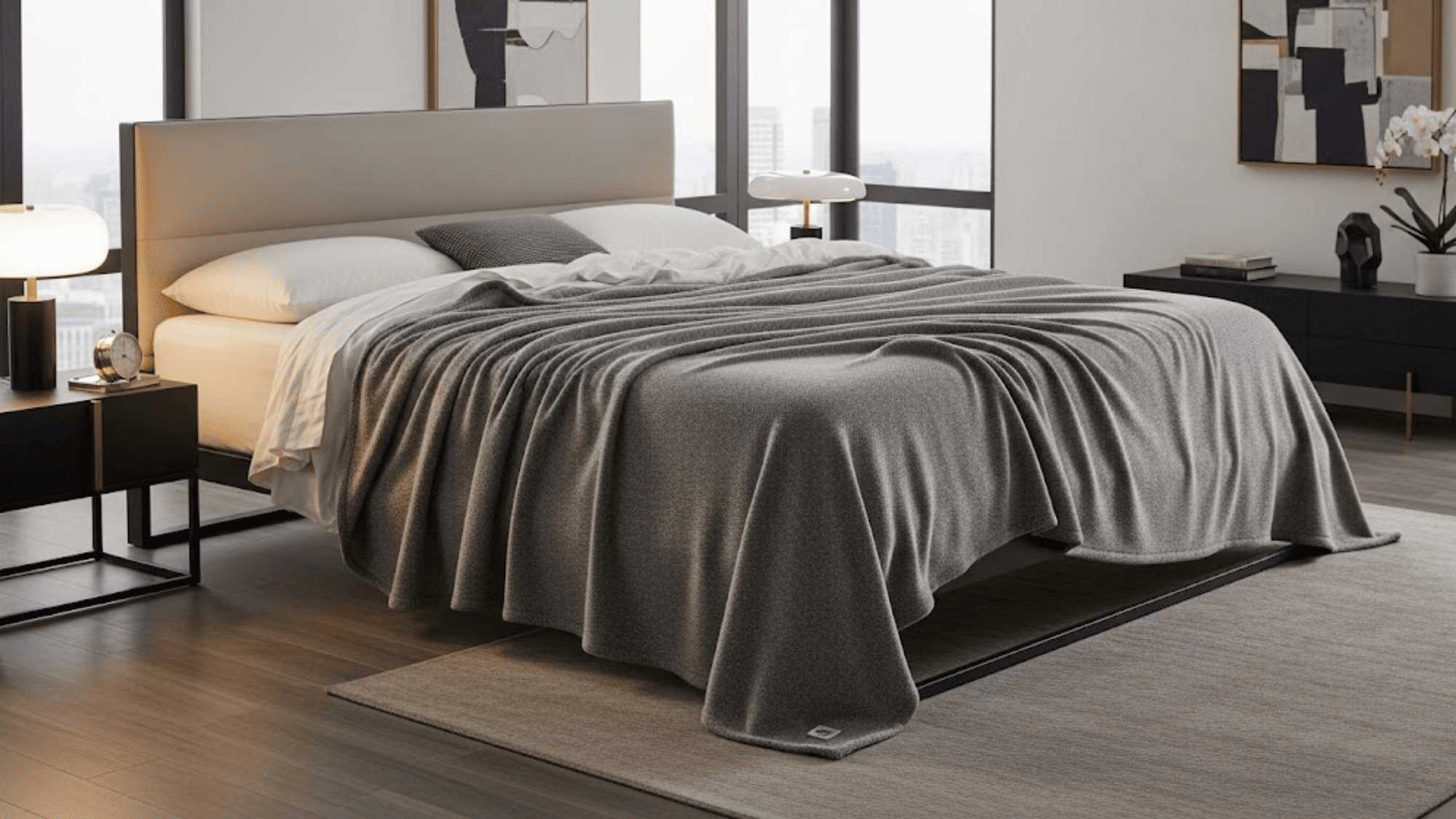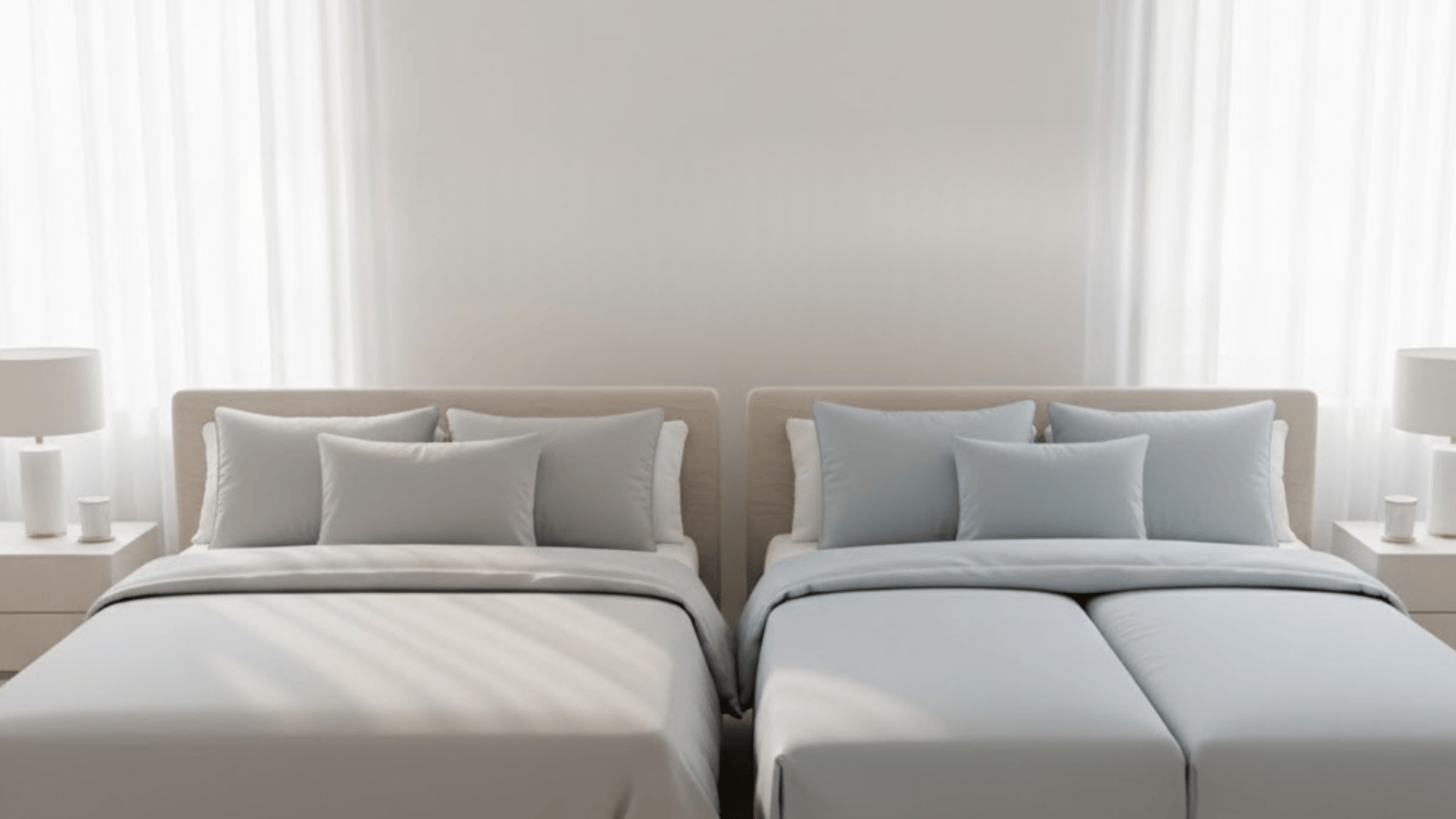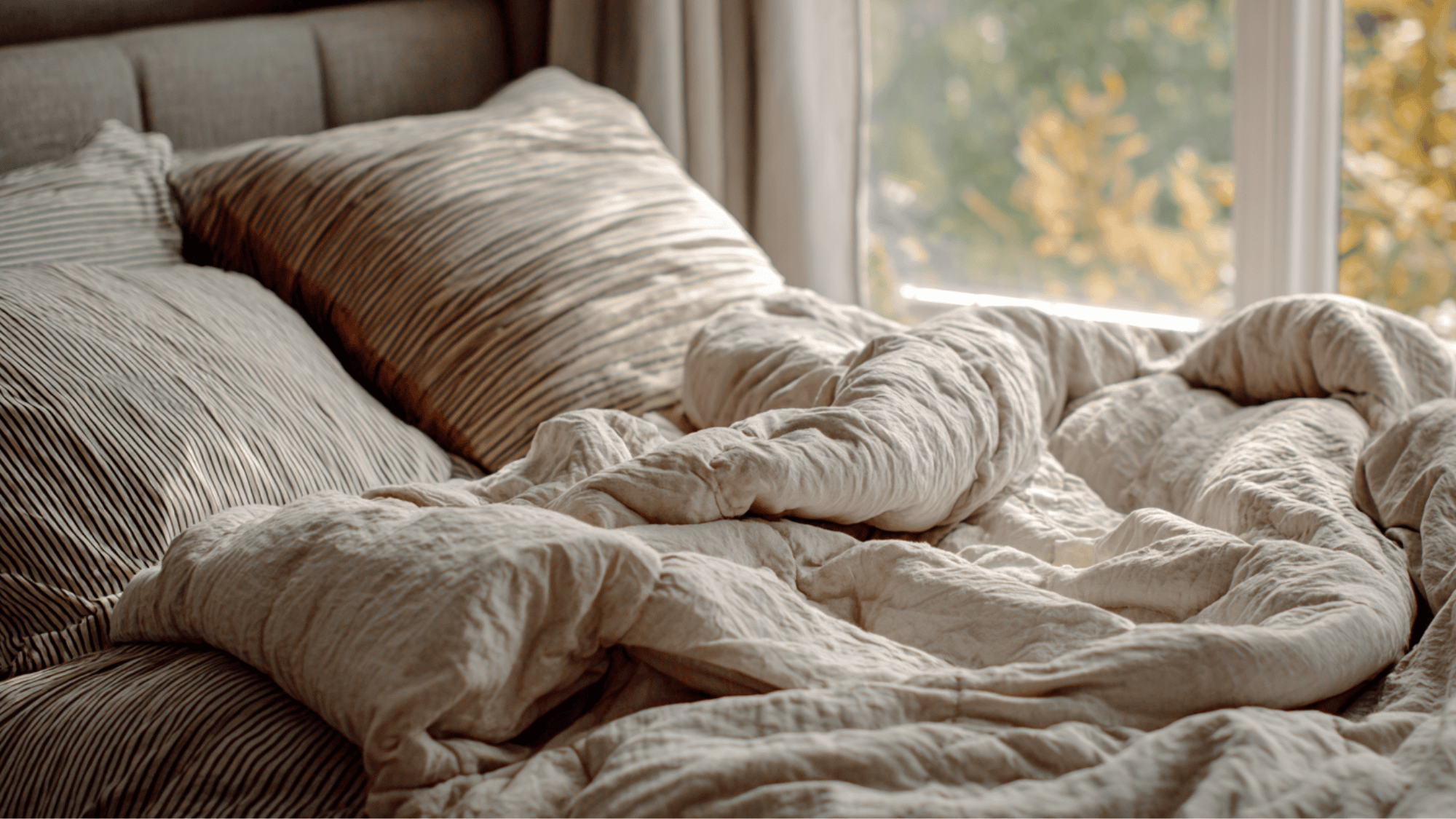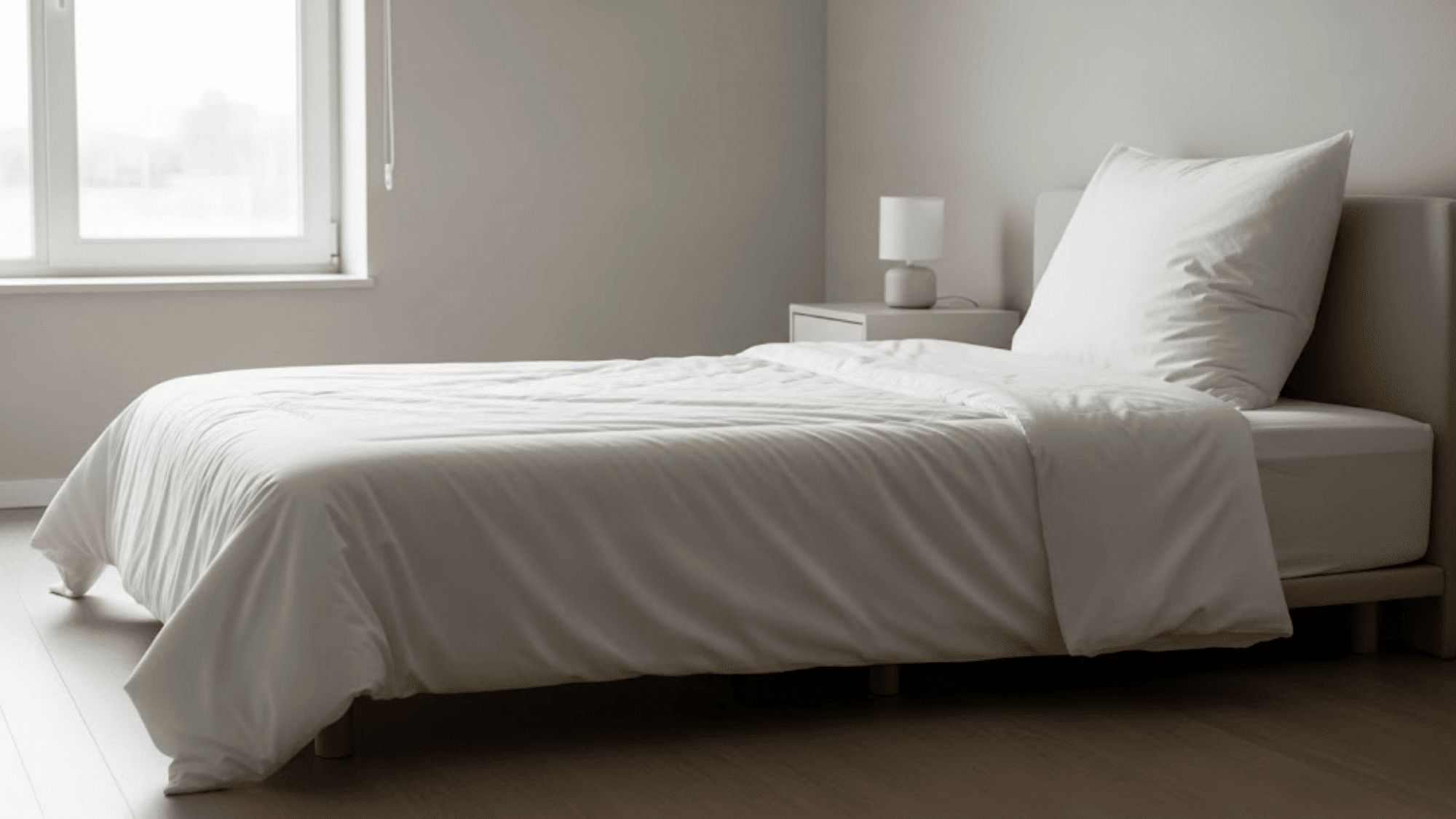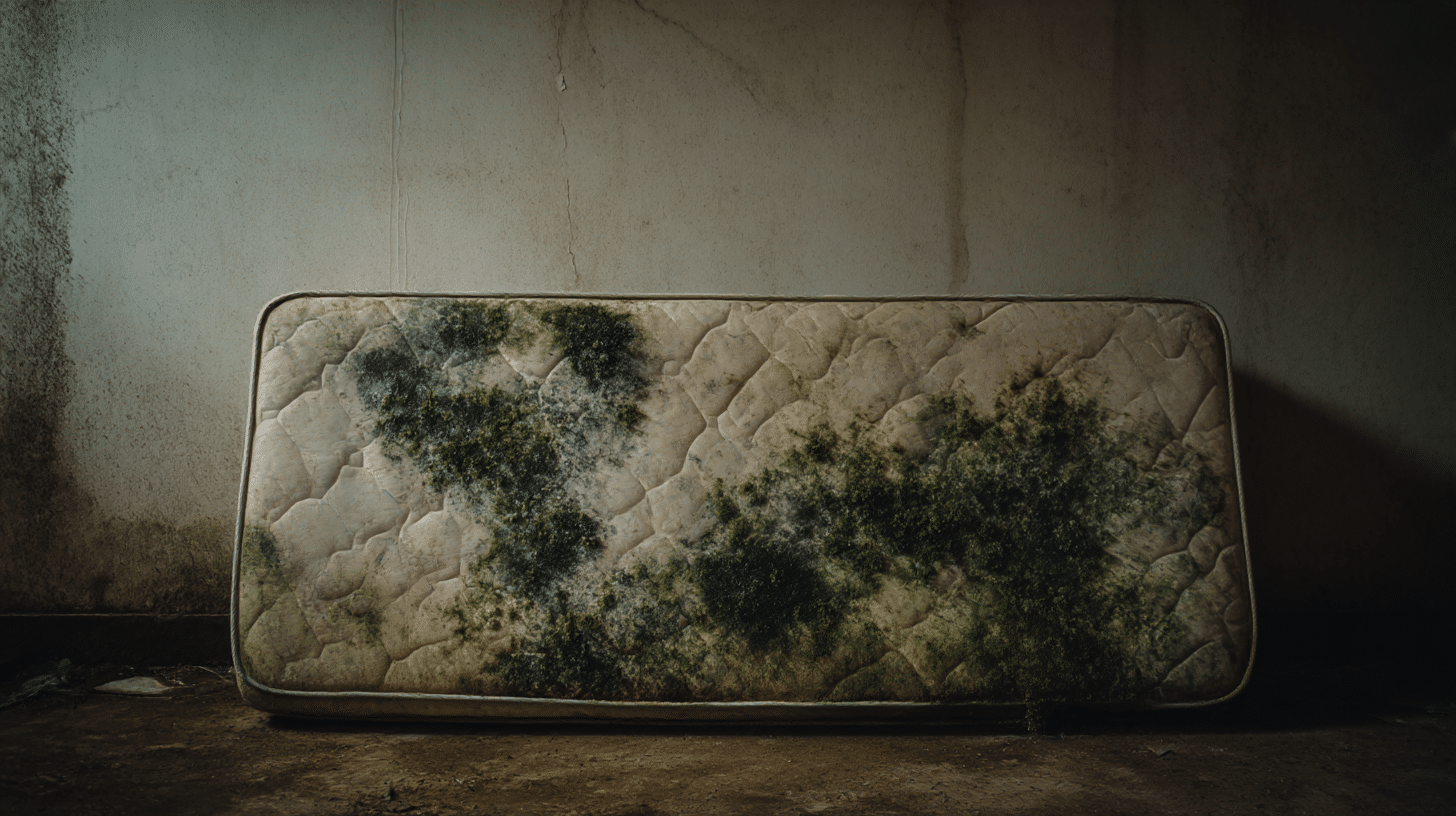Tinnitus is a persistent ringing, buzzing, or whistling sound in your ears that only you can hear. Sleep apnea is a serious condition where your breathing stops and starts repeatedly during sleep.
Many people with one condition wonder if it causes the other.
Both conditions can seriously impact your quality of life and overall health. Tinnitus affects millions of people worldwide, while sleep apnea disrupts sleep for many others.
Understanding any connection between these conditions helps with proper treatment.
This guide will explain what we know about these connections, shared risk factors, and how treating one condition might help the other.
Understanding Tinnitus and Sleep Apnea
Tinnitus affects about 15-20% of people, with symptoms ranging from mild to severe. The phantom sounds can be constant or come and go, making concentration and sleep difficult.
Common causes include hearing loss, ear infections, and exposure to loud noises.
Sleep apnea occurs when your airway becomes blocked or your brain fails to signal breathing muscles during sleep.
The most common type is obstructive sleep apnea, where the throat muscles relax too much. This causes loud snoring, gasping, and frequent waking throughout the night.
Both conditions become more common with age and can significantly impact daily functioning.
They share several risk factors, including obesity, cardiovascular problems, and certain medications that affect sleep quality.
The key difference is that tinnitus affects hearing perception while sleep apnea affects breathing patterns.
Are Tinnitus and Sleep Apnea Directly Connected?
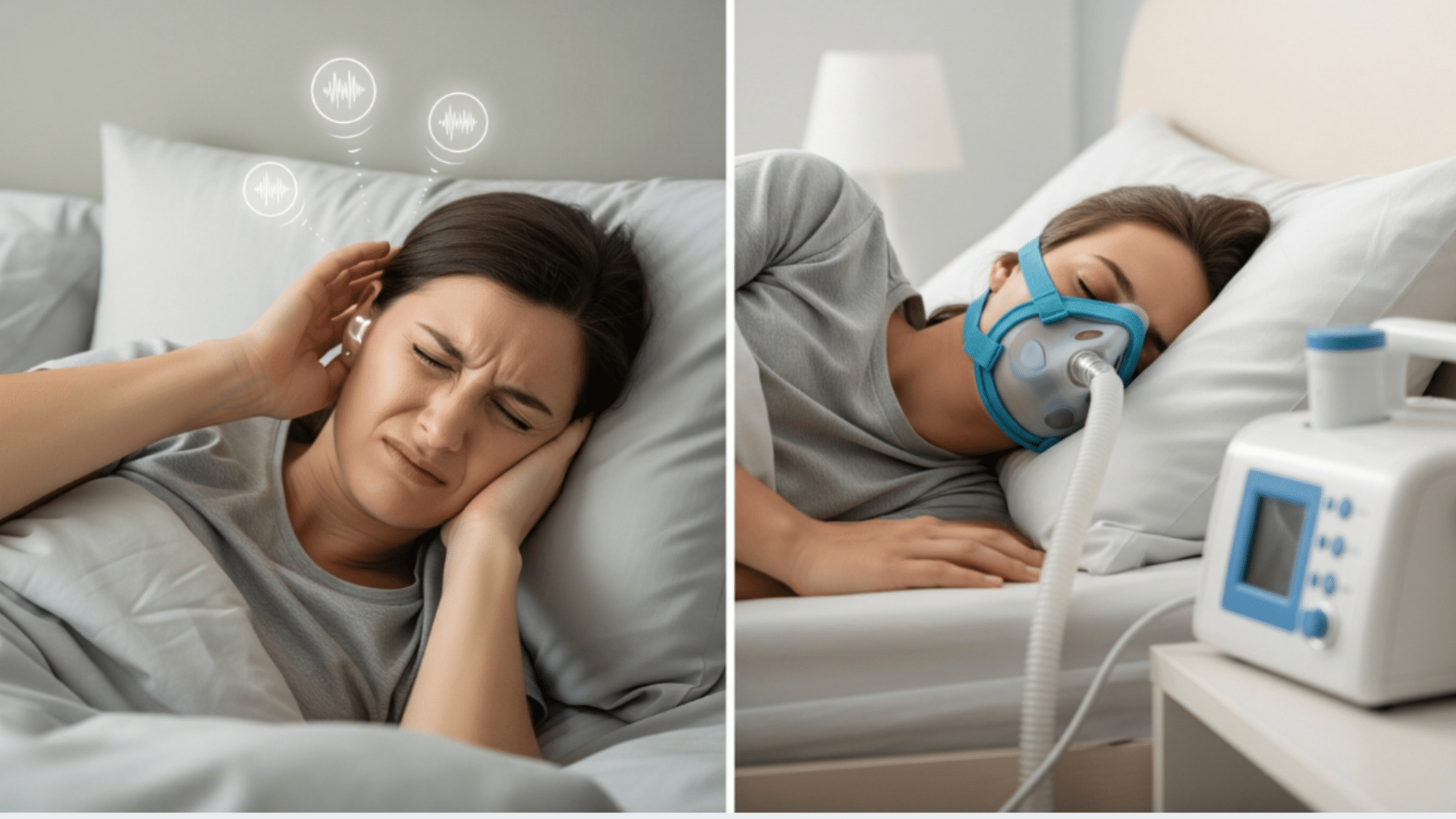

Many people experiencing tinnitus also notice changes in their sleep patterns, leading them to wonder if the condition could cause sleep apnea.
While there’s no strong evidence for a direct causal link, the two often appear together.
Research Findings:
|
One possible explanation is that sleep disturbances caused by persistent tinnitus make people more likely to notice symptoms of sleep apnea.
Conversely, oxygen deprivation from untreated sleep apnea may impact ear health and worsen tinnitus symptoms.
“Research suggests that over 50% of tinnitus patients report some form of sleep disorder, though sleep apnea isn’t always the cause.” – Journal of Clinical Sleep Medicine
What are the Potential Physiological Links?
These physiological connections help explain why the conditions often occur together even without direct causation.
Oxygen and Blood Flow Connections:
|
Chronic poor sleep quality from either condition affects how your brain processes sounds and breathing signals.
When you’re tired, your brain has less ability to filter out unwanted sounds, making tinnitus more noticeable.
Similarly, sleep deprivation can worsen the muscle control problems that contribute to sleep apnea.
Hypoxia from sleep apnea may damage cochlear hair cells, potentially contributing to tinnitus development or progression. – Lu, Chun-Ting et al. “Obstructive Sleep Apnea and Auditory Dysfunction-Does Snoring Sound Play a Role?
Tinnitus: Psychological & Secondary Conditions
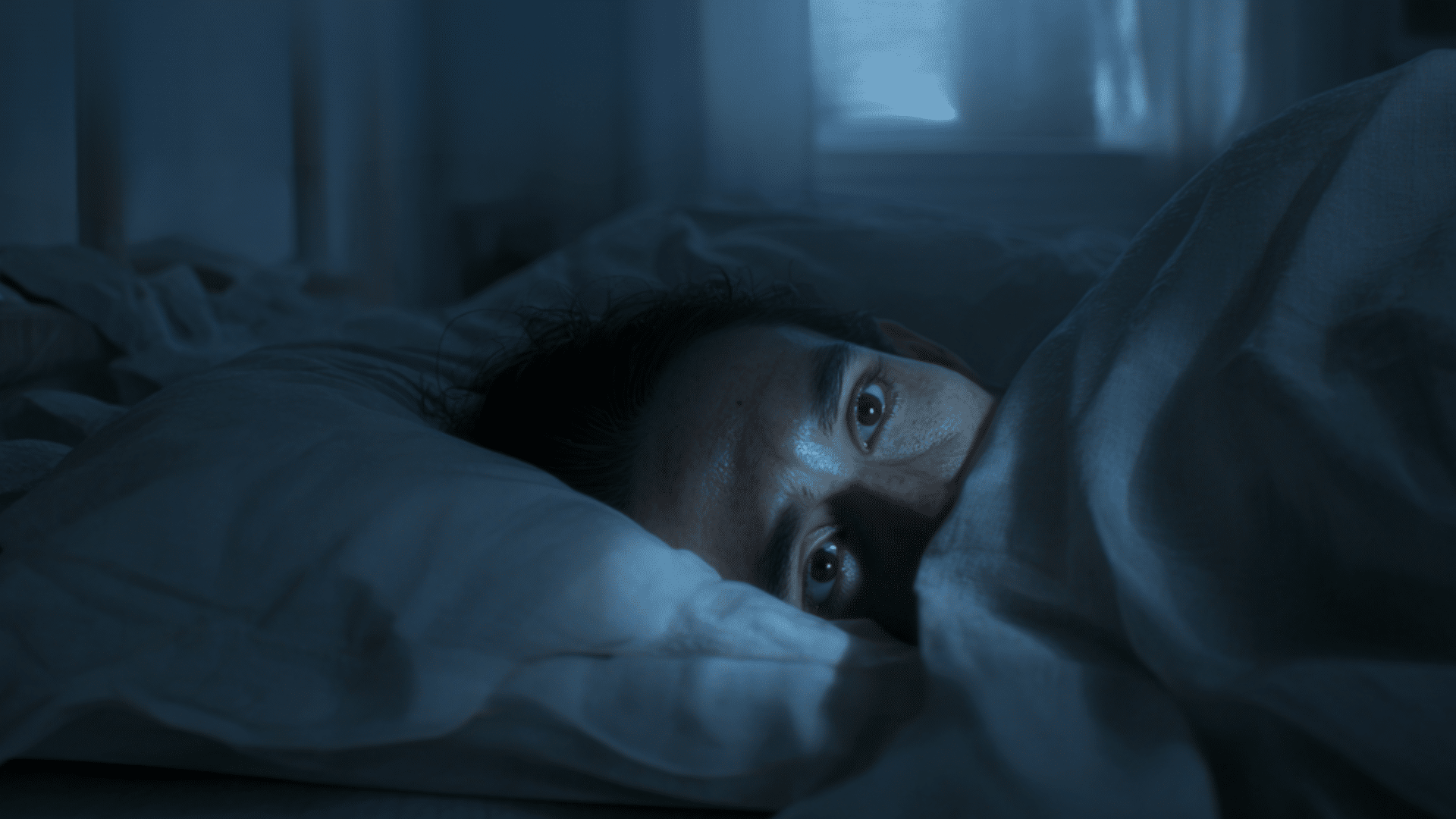

Tinnitus often leads to insomnia, anxiety, depression, and other mental health challenges. These psychological effects can increase stress hormones and disrupt normal sleep patterns.
High stress levels and poor sleep quality are known risk factors for developing or worsening sleep apnea.
Sleep apnea impacts both mental and physical health through chronic sleep deprivation. This can worsen anxiety and depression, which in turn can make tinnitus symptoms feel more severe.
The cycle of poor sleep, increased stress, and worsening symptoms affects both conditions.
People with both conditions often report feeling trapped in a cycle where each problem makes the other worse.
Breaking this cycle typically requires treating both conditions simultaneously rather than focusing on just one.
Sleep Apnea Secondary to Tinnitus: Is It Possible?
Veterans’ disability claims sometimes recognize sleep apnea as secondary to service-connected tinnitus.
These cases cite severe sleep disturbances caused by tinnitus as contributing factors to developing sleep apnea. However, this represents legal rather than direct medical causation.
Sleep apnea may not be caused directly by tinnitus, but severe tinnitus-related sleep disruption could increase the risk in some people.
Chronic insomnia and poor sleep quality are known risk factors for developing sleep-disordered breathing conditions.
The relationship is more about tinnitus creating conditions that favor sleep apnea development rather than directly causing the breathing problems.
Factors like increased stress, weight gain from poor sleep, and changes in sleep position may all play roles.
Diagnosis and Treatment Considerations
Proper diagnosis and treatment require different approaches for each condition, though they work best when coordinated together. Understanding these differences helps you get the right care for your specific situation.
| Aspect | Tinnitus | Sleep Apnea |
|---|---|---|
| Diagnosis | Hearing tests, symptom questionnaires | Sleep studies measuring breathing patterns |
| Primary Treatment | Sound therapy, behavioral techniques | CPAP therapy, breathing support devices |
| Mental Health Focus | Managing anxiety and depression from tinnitus | Addressing fatigue and mood from poor sleep |
| Monitoring | Symptom tracking, hearing evaluations | Oxygen levels, sleep quality measurements |
| Lifestyle Changes | Stress management, sound masking | Weight management, sleep position changes |
| Specialist Care | Audiologist, ENT doctor | Sleep medicine specialist, pulmonologist |
Note: When both conditions are present, coordinated care between specialists often provides the best outcomes, as treating one condition frequently improves symptoms of the other.
Management Strategies for Both Conditions
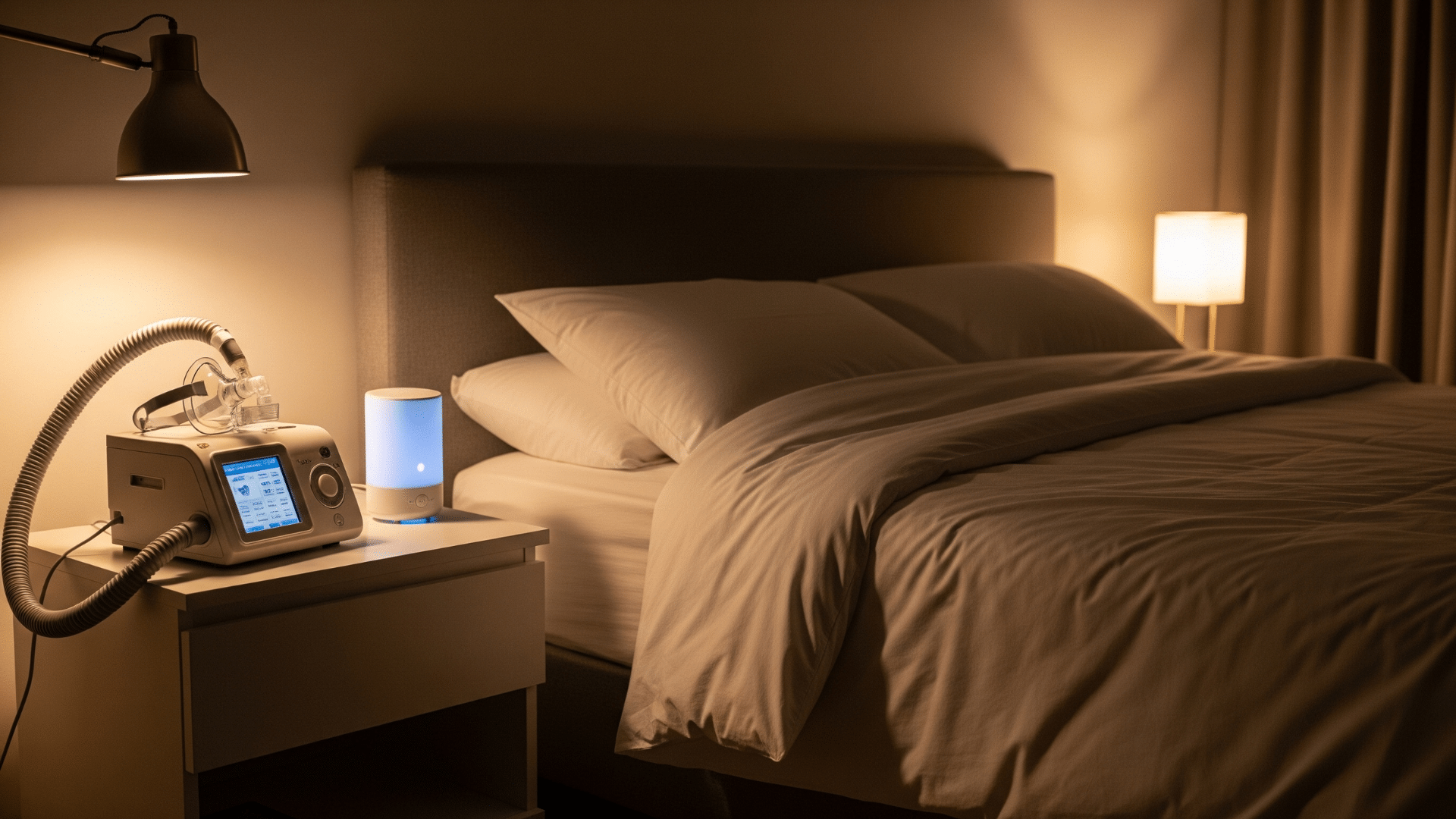

Having both tinnitus and sleep apnea requires careful management of multiple factors.
Sleep hygiene becomes especially important, including consistent bedtime routines and creating a quiet, comfortable sleep environment.
- Use consistent sleep schedules: Go to bed and wake up at the same times every day
- Create sound masking: White noise or nature sounds can help cover tinnitus during sleep
- Follow CPAP therapy: Consistent use of sleep apnea treatments improves oxygen levels and sleep quality
- Manage stress levels: Regular exercise, relaxation techniques, and stress management help both conditions
- Avoid sleep disruptors: Limit caffeine, alcohol, and large meals before bedtime
- Work with healthcare providers: Coordinate care between sleep specialists and audiologists when possible
When to Seek Medical Help
See a healthcare provider if you experience persistent ringing in your ears along with sleep problems.
Loud snoring, gasping during sleep, or feeling tired despite spending enough time in bed are signs that warrant medical evaluation.
Sleep studies and hearing tests can help identify which conditions are present and how severe they are.
Early diagnosis and treatment prevent both conditions from getting worse and improve your overall health outcomes.
Don’t ignore symptoms or assume they’re just part of aging. Both tinnitus and sleep apnea have effective treatments available when properly diagnosed and managed by healthcare professionals.
Conclusion
Latest research suggests no clear evidence that tinnitus directly causes sleep apnea, but the two conditions are strongly linked through sleep disturbance, oxygen deprivation, and psychological factors.
Comprehensive care may require addressing both tinnitus and sleep apnea, along with any associated secondary conditions like anxiety or depression.
If you have tinnitus and suspect sleep apnea, talk to your healthcare provider about sleep evaluation and treatment options.
An integrated approach addressing both conditions typically provides the best outcomes for long-term health and quality of life.
Share your experiences and questions in the comments below to help others dealing with similar health challenges.
Frequently Asked Questions
Can Tinnitus Directly Cause Sleep Apnea?
Current research shows no direct causal relationship between tinnitus and sleep apnea. Severe tinnitus can disrupt sleep patterns and contribute to conditions that may increase sleep apnea risk over time.
Will Treating My Sleep Apnea Help My Tinnitus?
Better sleep quality and improved oxygen levels during sleep can reduce the perceived loudness and distress of tinnitus.
Should I See a Sleep Specialist or Audiologist First?
If you have symptoms of both conditions, start with your primary care doctor who can coordinate referrals.


